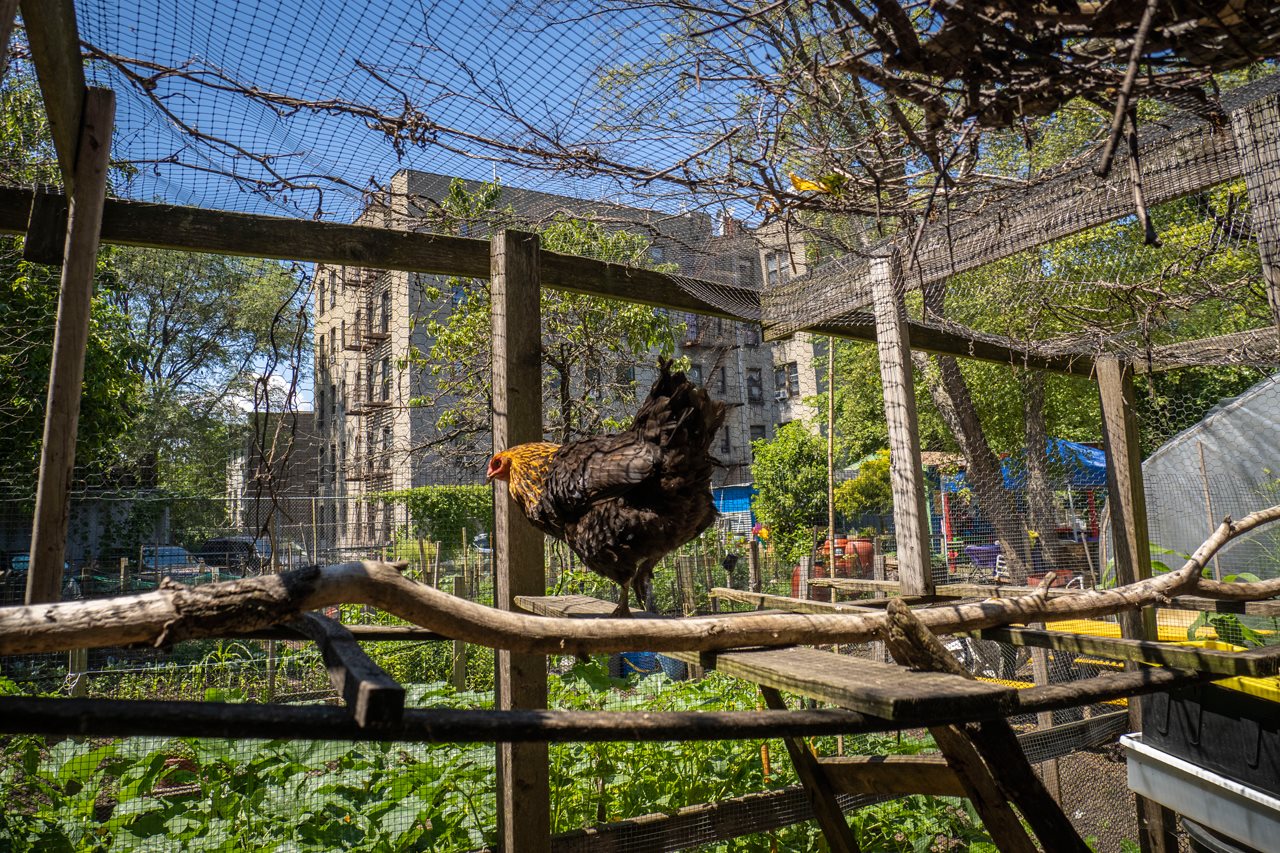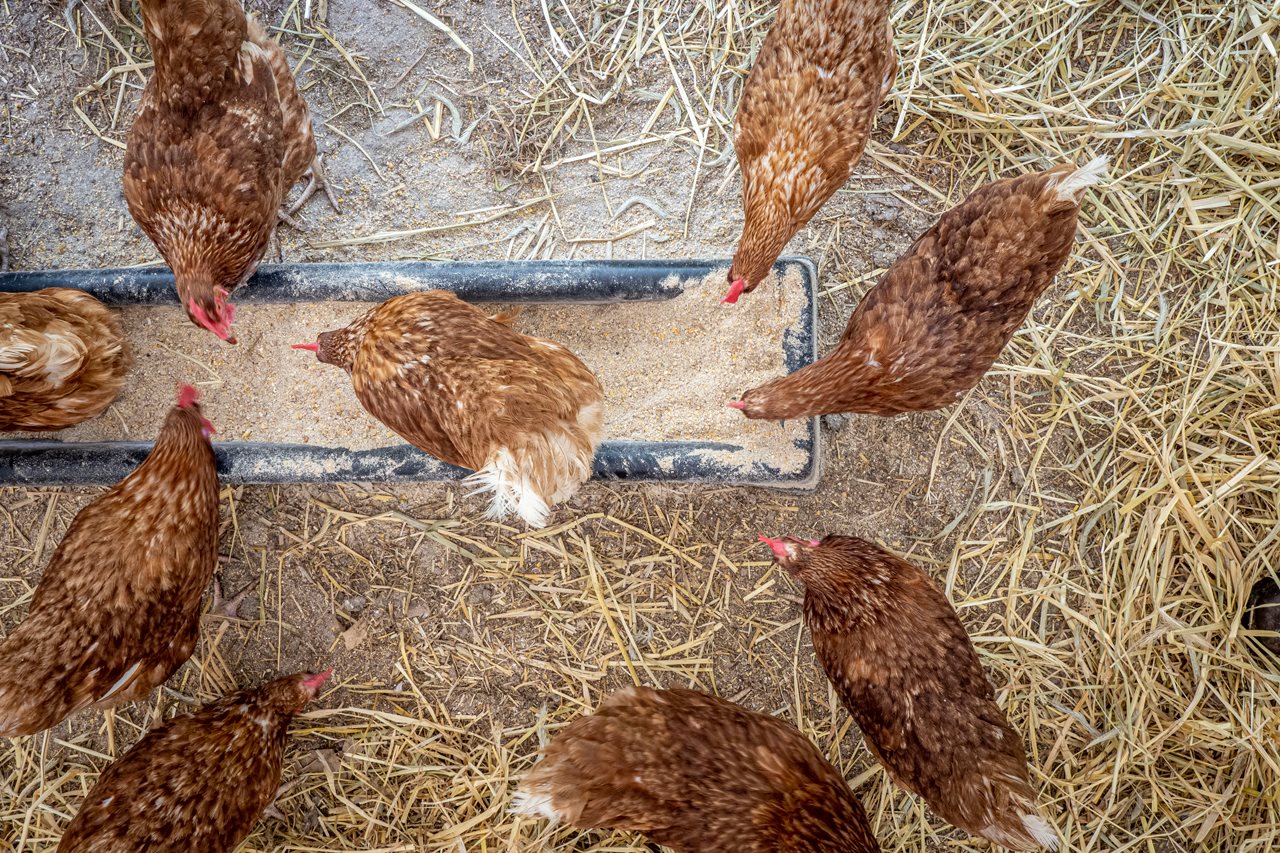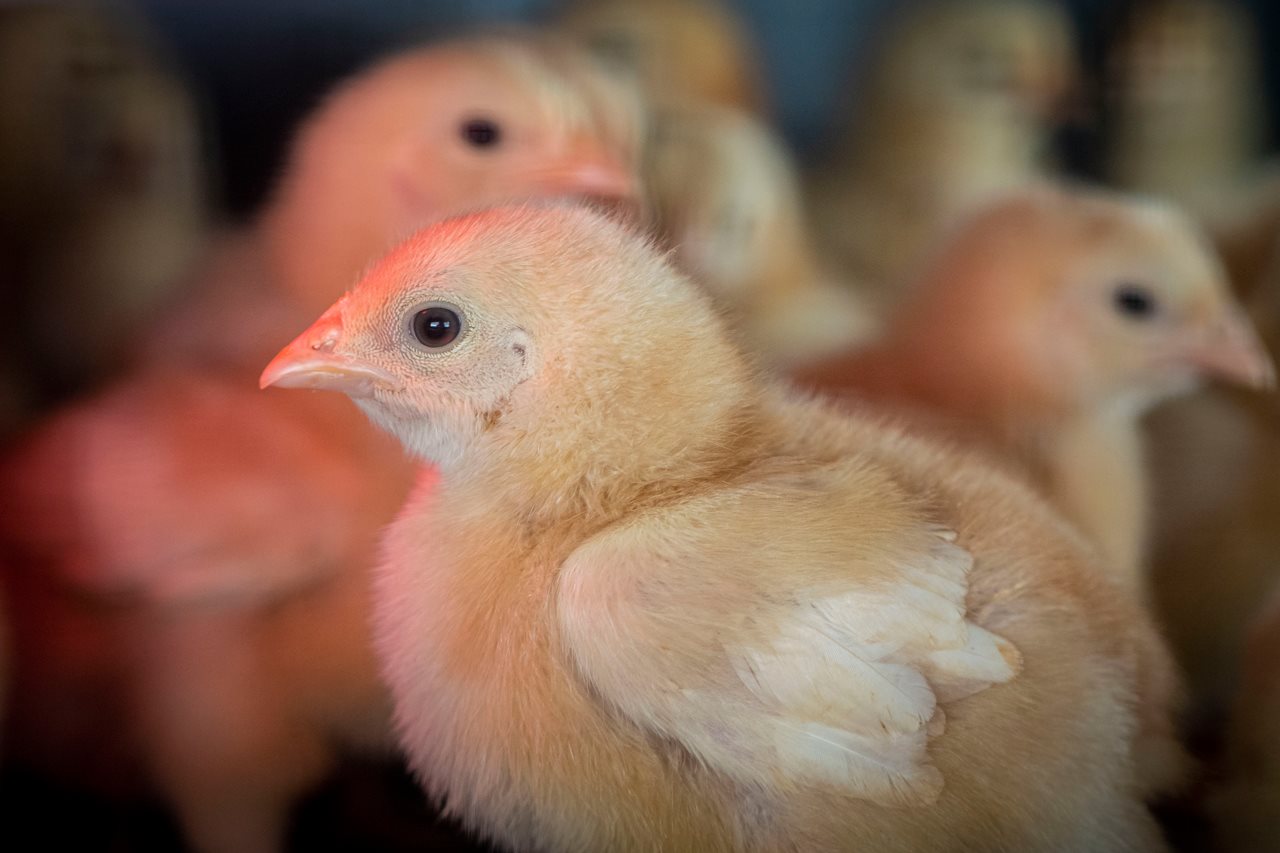(BPT) - Raising backyard chickens has become increasingly popular, and an estimated 10.6 million U.S. households — from city dwellers to rural residents — own poultry. However, many of these backyard bird owners are not aware of the threat avian influenza viruses pose to their flock. These respiratory diseases are easily spread by migratory birds and wild waterfowl populations. The U.S. is now experiencing the largest outbreak of highly pathogenic avian influenza (HPAI) in our country’s history, and this extremely contagious form of the disease is deadly to our domestic birds. The good news is that having the right safety and protective measures in place can help protect backyard chickens and pet birds. Here are four tips all bird owners should know to help defend their flock:
#1: Understand the threat of highly pathogenic avian influenza
Some necessary potty talk here: HPAI can be carried in the poop and slobber of wild birds. The Centers for Disease Control and Prevention (CDC) estimates that a gram of poop from a human can contain over 1 trillion germs, so it’s possible one gram of poop from a wild goose can also hold about 1 trillion germs (gross)! These wild waterfowl and migratory birds can carry the disease without showing any symptoms so if they interact with your birds, drink from your outdoor and poultry water source or poop in your backyard, your flock could be at extreme risk for HPAI. That’s why biosecurity is critical for all bird owners, big and small.

Biosecurity refers to everything people do to keep diseases — and the viruses, bacteria and other microorganisms that cause disease — away from birds, property and people. Biosecurity contains two major categories:

Easy things like washing hands between different pens and houses, as well as changing clothing and shoes, can help keep pathogen transfer among wild and domestic bird populations to a minimum. Be sure not to move or reuse items that cannot be cleaned and disinfected — such as cardboard egg flats. For extra measure, you could also make sure vehicles, tractors, tools and equipment are cleaned and disinfected, before entering or exiting your flock’s territory. In addition, conduct regular checks of your birds’ housing, feed and water structures for needed repairs. Always make sure to use a clean water source that wild birds cannot drink from.

There are many types of bird breeds that are great to add to your collection. However, adding birds to your flock that are of different ages, species or from unknown sources may cause problems. Only purchase or source poultry from National Poultry Improvement Plan-certified breeders, hatcheries and dealers. Always try to keep new purchases separate from your current flock for at least 30 days until you are sure that the new purchases are healthy. Be careful of mixing geese and ducks with your chickens and turkeys, as waterfowl can sometimes carry diseases that will severely affect chickens and turkeys.

Every backyard flock owner plays a vital role in keeping our nation’s poultry healthy. By using proper biosecurity practices and staying vigilant, every owner can do their part to defend our flocks against deadly disease. The U.S. Department of Agriculture has many resources available for both commercial poultry producers and backyard bird owners through their Defend the Flock Program, including links to toolkits containing biosecurity checklists, videos and more.